Edward Norton Caused Marvel To Make A Franchise-Wide Rule
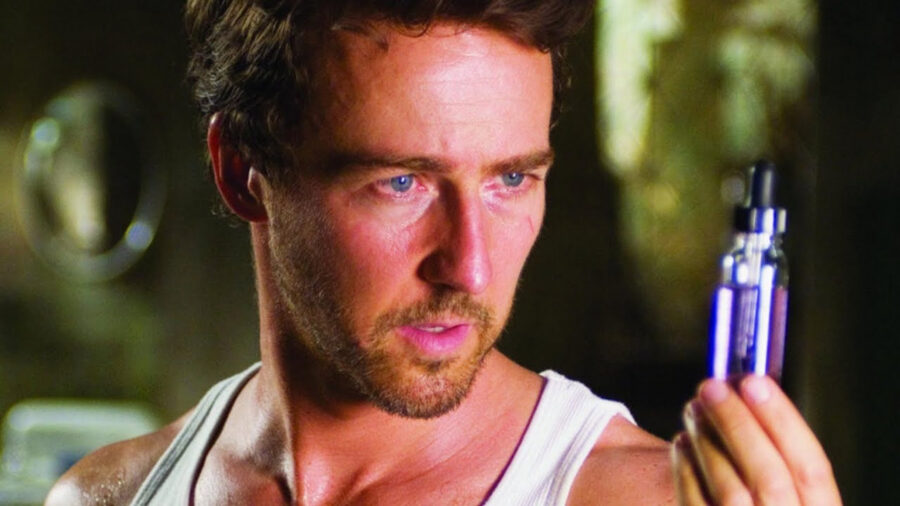
Everyone knows the story of how Edward Norton butted heads with Marvel when making the 2008 film The Incredible Hulk, but is it possible that this ended up shaping the way the MCU makes films? Slash Film reported on some choice excerpts from the book MCU: The Reign of Marvel Studios, including the fact that Norton’s desire for creative control led to a so-called “no-a**hole” policy on MCU sets, which the book traces back to Norton.
However, this policy also raises the question of whether this is more of a case of an actor trying too hard to make a movie the way he wants or if it’s more of a case of the MCU machine having a desire for homogenous filmmaking.
Edward Norton Reportedly Difficult To Work With
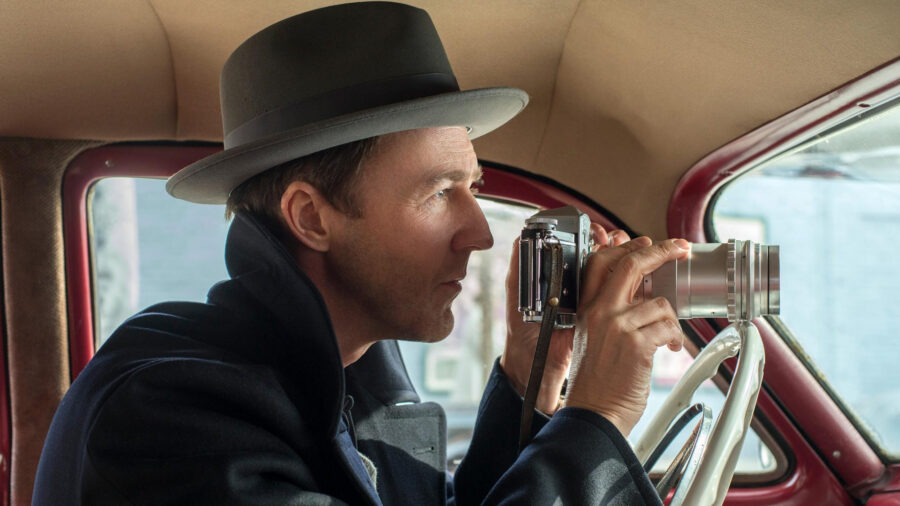
Edward Norton has been known to wrestle creative control from movies in the past, notably in films like American History X, so it’s no surprise that he attempted the same for a Marvel film. Perhaps Norton can be difficult due to his creative preferences, but it does seem like a harsh overcorrection to tamp down on input from creatives in future Marvel films.
Norton was looking for The Incredible Hulk to be a more contemplative film, and it led to the film being over 135 minutes, which was eventually cut down to a lean 112 minutes.
Would Edward Norton’s Hulk Vision Performed Bettter?
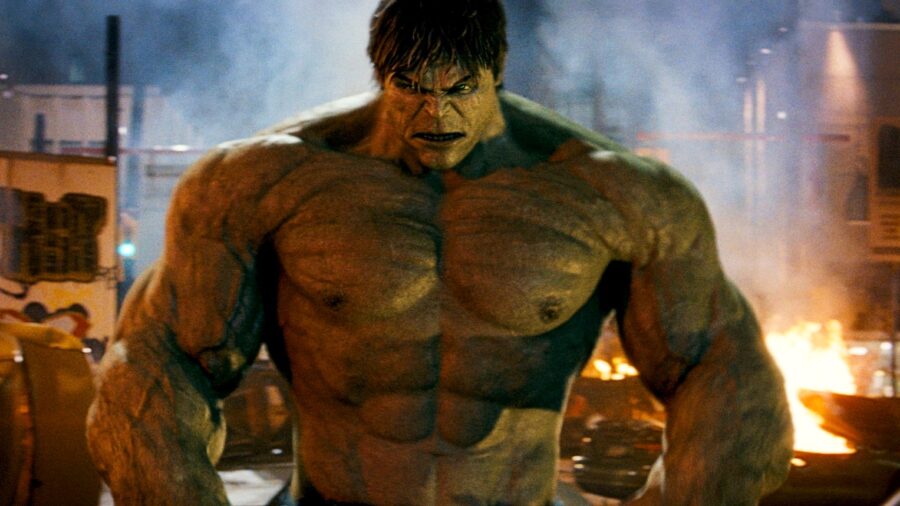
It would be interesting to see if Edward Norton’s input would have changed The Incredible Hulk into a more interesting Marvel film, considering the film had a middling box office performance and got mixed reviews. Since the success of Iron Man and The Avengers, the MCU has been a bit stricter about how much creative control is afforded to the directors who operate in the confines of its universe. While there are outliers, like James Gunn being allowed to make very Gunn-like films with the Guardians of the Galaxy trilogy, it can often be difficult to see directorial influence in the MCU.
Where This Rule Causes Problems
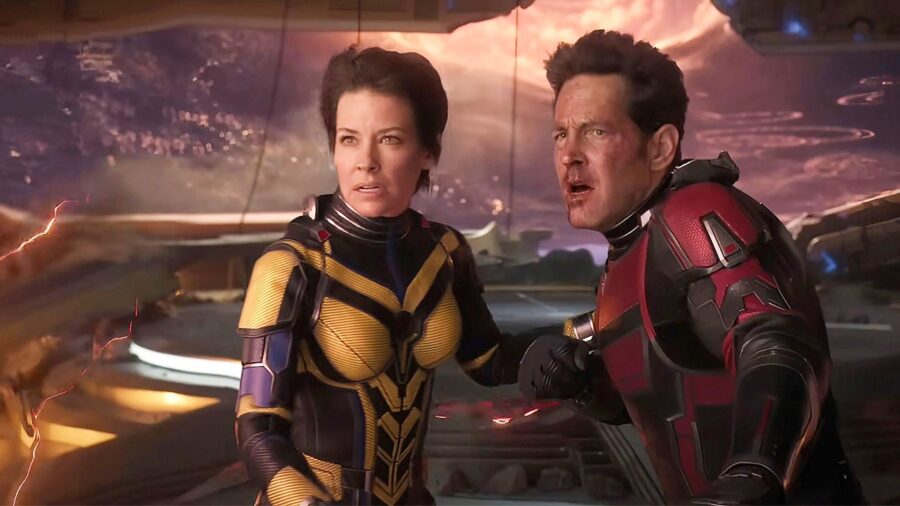
It’s tough to say if the Edward Norton policy that Marvel came up with was the main contributor to this effect, but it seems like it certainly played a part. The book says that this assembly-line style filmmaking is sort of a positive, saying that abiding by this sort of old Hollywood studio style filmmaking leads to mostly solid films and some masterpieces. While this may be true for the most part, it does eventually lead to the burnout we’ve been seeing in the realm of superhero films recently.
Esteemed Directors, Mediocre Movies
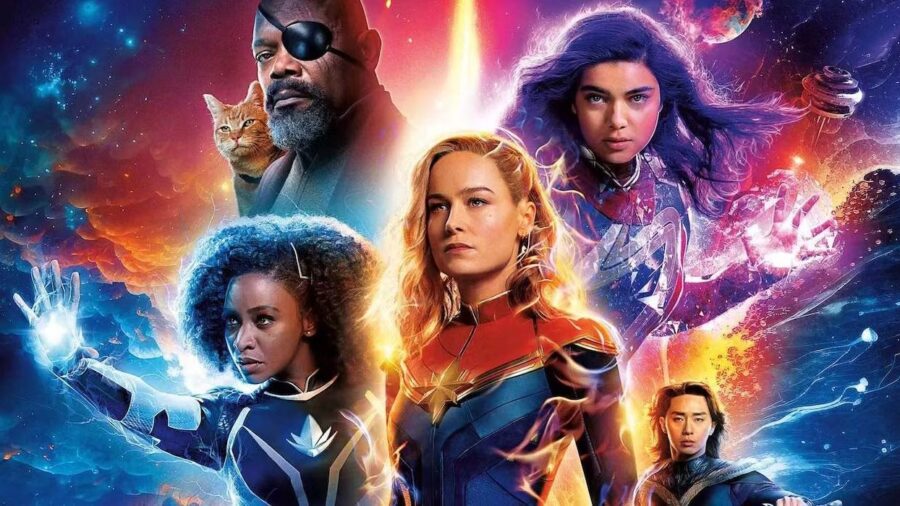
The recent box office and commercial disappointments for Marvel, like Secret Invasion and The Marvels, have been partially blamed on superhero fatigue. But then you see superhero shows like Invincible and The Boys getting critical praise and commercial success due to their distinct creative voice and fresh take on the genre. The MCU hires great directors with a voice like Nia DaCosta for The Marvels but then doesn’t let them flex their creative muscles to give the films a distinct style.
Other Notable Incidents Of Marvel Butting Heads
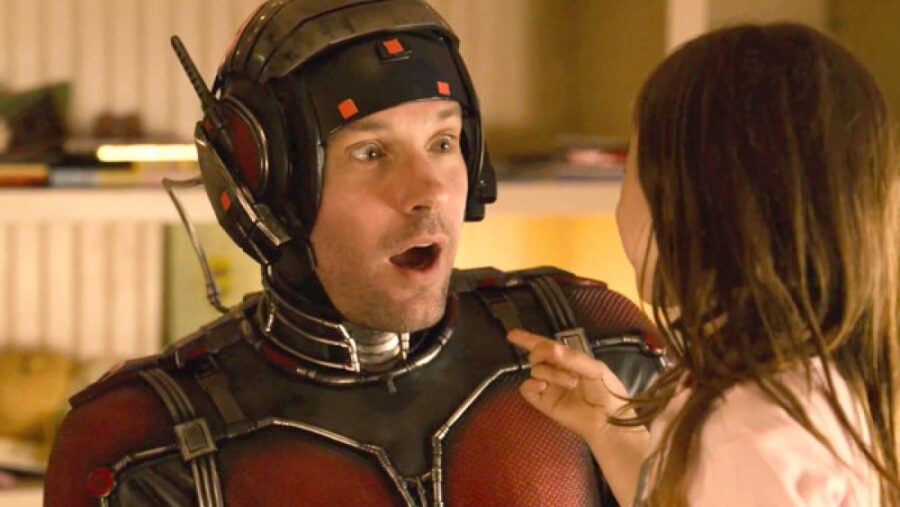
Edward Norton isn’t the only one who ended up having creative control issues with Marvel. Fans will remember when Edgar Wright left Ant-Man over creative differences. It’s safe to say that an MCU film in the style of Edgar Wright would be amazing, but it wasn’t allowed to happen.
While the MCU may have disliked Edward Norton’s bid for creative control, it might be time to reconsider its stance. It seems less likely that Marvel’s issue is superhero fatigue and more likely that people are craving something fresh. In other words, maybe it’s time to change up the formula.












